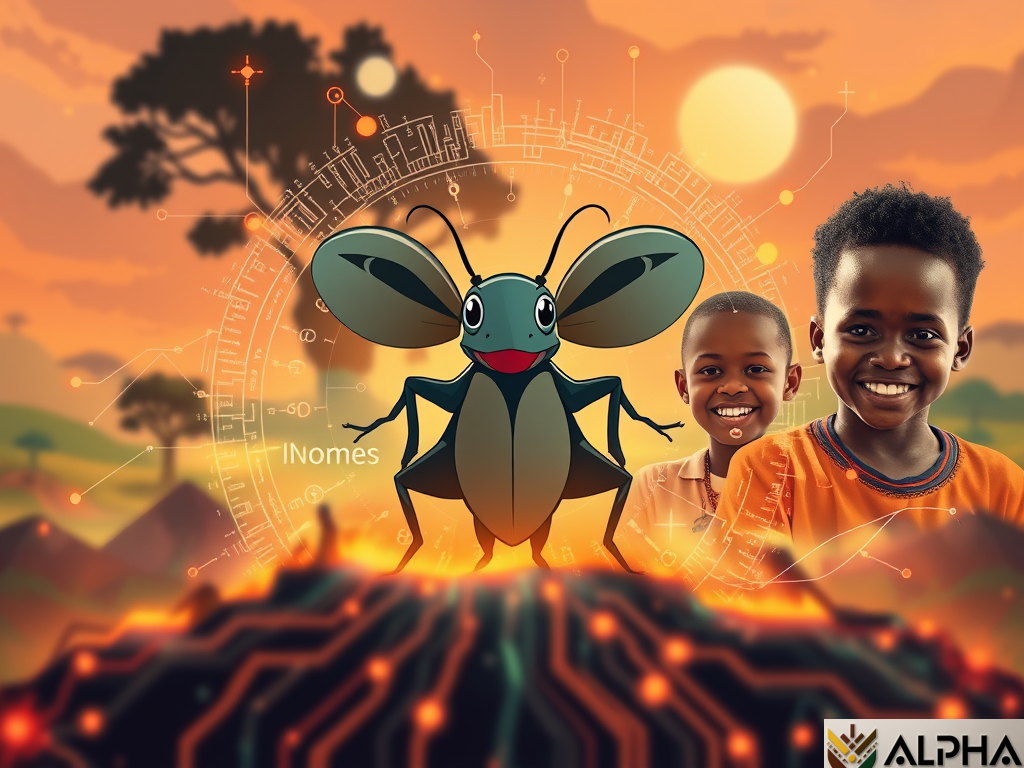Neuromorphic Computing in Africa: A New Frontier for AI?
Neuromorphic Computing in Africa: A New Frontier for AI?
The field of neuromorphic computing is rapidly evolving, promising breakthroughs in energy-efficient AI. While much of the focus remains on developed nations, the potential impact of this technology on Africa is significant and warrants attention. This article explores the opportunities and challenges of bringing neuromorphic computing to the continent.
The Promise of Low-Power AI
Neuromorphic computing mimics the human brain’s structure and function, resulting in systems far more energy-efficient than traditional computing architectures. This low-power characteristic is particularly crucial for Africa, where reliable electricity access remains a challenge. Imagine deploying AI-powered solutions for healthcare, agriculture, and environmental monitoring in remote areas without being constrained by high energy consumption. This technology could empower communities previously unconnected to advanced technological solutions.
Addressing the Challenges
Despite its immense potential, several obstacles hinder the widespread adoption of neuromorphic computing in Africa. Firstly, a significant knowledge gap exists. More research, training programs, and educational initiatives are necessary to build a local expertise base. Secondly, infrastructure limitations, including access to reliable internet and power, present significant hurdles. Addressing these infrastructural needs is crucial for successful implementation. Finally, the financial costs associated with developing and deploying neuromorphic systems pose a barrier. Targeted investments and public-private partnerships will be essential to make this technology accessible across the continent.
Opportunities for Development
- ✓ Precision Agriculture: Neuromorphic systems can analyze sensor data from drones and other devices to optimize irrigation, fertilization, and pest control, leading to improved crop yields and food security.
- ✓ Healthcare: Early disease detection and personalized medicine could be significantly enhanced through low-power, portable devices capable of real-time image analysis and data processing.
- ✓ Environmental Monitoring: Real-time monitoring of wildlife, deforestation, and climate change using sensor networks can be revolutionized by neuromorphic computing’s power efficiency.
Conclusion: A Call for Collaboration
Points to Remember
- ✓ Neuromorphic computing offers a pathway to energy-efficient AI solutions, crucial for addressing Africa’s unique challenges.
- ✓ Bridging the knowledge gap and investing in infrastructure are vital steps toward successful implementation.
- ✓ Collaboration between researchers, governments, and industry is needed to unlock the full potential of this technology for African development.
The future of AI in Africa could be significantly shaped by neuromorphic computing. By addressing the challenges and fostering collaboration, the continent can harness this transformative technology to create a more sustainable and equitable future.
Share this content:














Laisser un commentaire